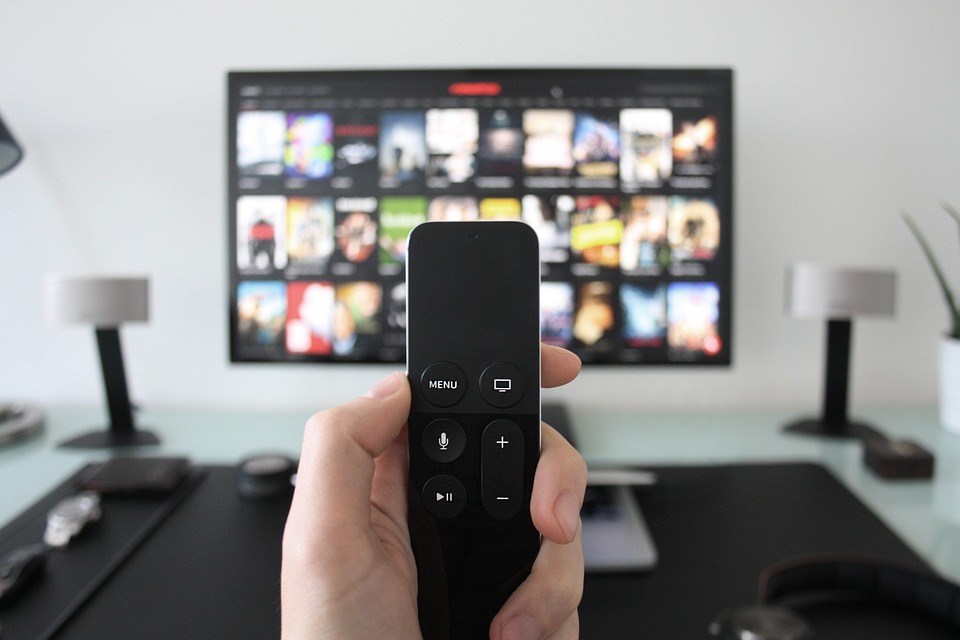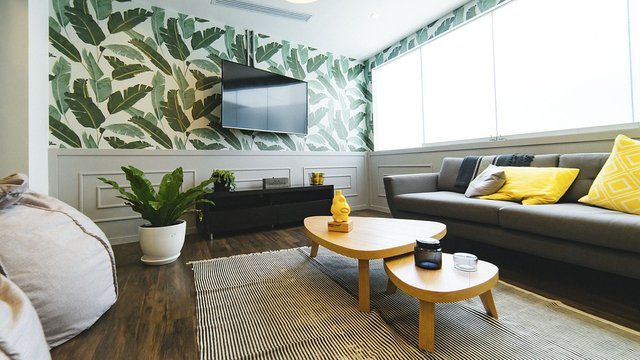5 Tips to Care for Your LED / LCD TV
There is no comparison of LEDs or LCD TVs for beautiful and transparent pictures. But it is also true that the price of LED or LCD TV is a little too much. And no one wants to change the TV bought with this big price in a few years. And so the TV is so unpredictable that it has been good for many years, for that the user is given a few tips to understand his TV better.
When no one is watching, keep the TV off

Source
It may seem to be a very common common sense, but if you notice a lot, many people will leave the TV for a long period of time. It is seen that many people may be doing another work, but only in the background, they just keep the TV. Although nothing seems to be in the eye, but the TV is doing exactly what the electric consul. A LED / LCD display display of an average of 60,000 hours is usually well served. But imagine, if we leave the TV without just seeing it for 3 hours a day, then 1,000 hours per year. But in reality, the TV is left over 3 hours. So, when you do not see an LED / LCD TV, keeping it off is the easiest way to ensure the longevity of the TV. And your electricity bill in it but saving.
Brightness control

Source
Typically, TV shows are purchased from the showrooms, they are much better illuminated. So the brightness of the LED / LCD TV is also increased. Your home is not so light, so the brightness level of the TV is adjusted. In the study, it can be seen that Tiwi is very high on the brightness level and can be reduced to half-length of his life. After purchasing an LED or LCD TV, adjust the Brightness Level from your TV's settings to understand the size and lighting conditions of your house. In this little change, your TV will show clear and beautiful pictures year after year.
Adjust the control function

Source
Contrast is the function that determines and controls the brightness and brightness of the LED or LCD screen. The more the control is, the more power the TV consumes. And it also reduces the stability of the TV. In the showrooms, usually the control settings of LED and LCD TVs are "Dynamic" or "Vivid" to display the full performance of the TV. But in al-flammable showrooms, this way, there is no point in keeping these settings in the house, because if you put it in this way, it quickly eliminates the LED backlight of the TV. For this, keep the setting of the LED or LCD TV in "Standard". In this setting, TVs consume the lowest energy consumption, and they last much longer.
Use of Voltage Regulators

Source
Only LED or LCD TVs are not the only electronic devices in the home. AC, room heater, and refrigerators are much more than electricity. There may be a shortage of time, which is very harmful for the LED caps for LCD / LCD TVs. Hurrying can damage the lost or lost TV. That's why a voltage regulator should be used with the TV, which supplies the power needed to reduce the power and controls when the power is unnecessarily increased. Not only this, weather disasters such as storm or thunderbolt also provide security to this voltage regulator TV in uncontrolled risk of power supply.
Precision Ventilation

Source
We know very well that LEDs / LCD TVs consume a lot of power. And this power generates excessive heat. And adequate ventilation or free ventilation is necessary for controlling this heat. Many people make the mistake of setting up the TV room without proper ventilation. And there is not enough ventilation around the TV because the Ventilation System is interrupted due to which the LED / LCD TV does not serve or survive too long.
TV will be placed around the Ventilation Vent of the TV, leaving the minimum four-inch space. If the flat panel TV's and its vents are behind it, then do not stick to the wall, to put it in a table or TV stand, as far as the minimum is four o'clock away.
